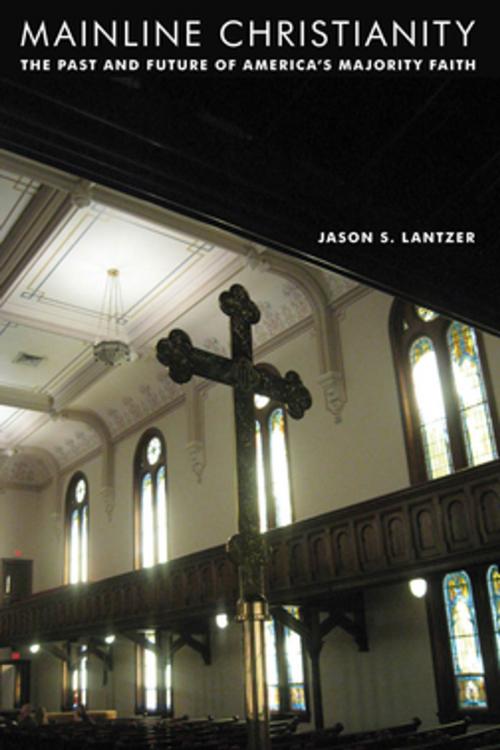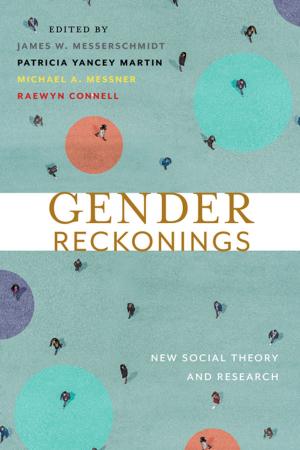Mainline Christianity
The Past and Future of America's Majority Faith
Nonfiction, History, Religion & Spirituality| Author: | Jason S. Lantzer | ISBN: | 9780814753330 |
| Publisher: | NYU Press | Publication: | April 30, 2012 |
| Imprint: | NYU Press | Language: | English |
| Author: | Jason S. Lantzer |
| ISBN: | 9780814753330 |
| Publisher: | NYU Press |
| Publication: | April 30, 2012 |
| Imprint: | NYU Press |
| Language: | English |
Since the Revolutionary War, Mainline Christianity has been comprised of the Seven Sisters of American Protestantism—the Congregational Church, the Episcopal Church, the Evangelical Lutheran Church, the Presbyterian Church, the United Methodist Church, the American Baptist Convention, and the Disciples of Christ.
These denominations have been the dominant cultural representatives since the nineteenth century of how and where the majority of American Christians worship. Today, however, the Seven Sisters no longer represent most American Christians. The Mainline has been shrinking while evangelical and fundamentalist churches, as well as non denominational congregations and mega churches, have been attracting more and more members.
In this comprehensive and accessible book, Jason S. Lantzer chronicles the rise and fall of the Seven Sisters, documenting the ways in which they stopped shaping American culture and began to be shaped by it. After reviewing and critiquing the standard decline narrative of the Mainline he argues for a reconceptualization of the Mainline for the twenty-first century, a new grouping of Seven Sisters that seeks to recognize the vibrancy of American Christianity.
Since the Revolutionary War, Mainline Christianity has been comprised of the Seven Sisters of American Protestantism—the Congregational Church, the Episcopal Church, the Evangelical Lutheran Church, the Presbyterian Church, the United Methodist Church, the American Baptist Convention, and the Disciples of Christ.
These denominations have been the dominant cultural representatives since the nineteenth century of how and where the majority of American Christians worship. Today, however, the Seven Sisters no longer represent most American Christians. The Mainline has been shrinking while evangelical and fundamentalist churches, as well as non denominational congregations and mega churches, have been attracting more and more members.
In this comprehensive and accessible book, Jason S. Lantzer chronicles the rise and fall of the Seven Sisters, documenting the ways in which they stopped shaping American culture and began to be shaped by it. After reviewing and critiquing the standard decline narrative of the Mainline he argues for a reconceptualization of the Mainline for the twenty-first century, a new grouping of Seven Sisters that seeks to recognize the vibrancy of American Christianity.















